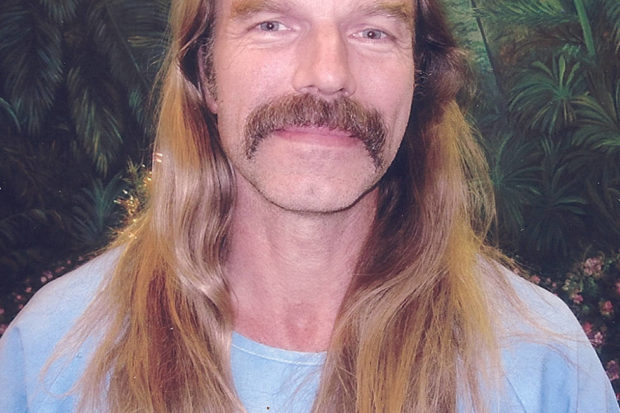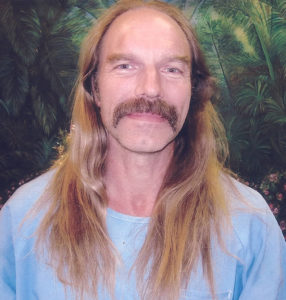
By Grid Margraf

“When I grow up I want to be a cowboy.”
That was my response at five to my first grade teacher’s question, “What do you want to be when you grow up?” There were cattle ranches around the little town of Lakeview, Ore., so my answer was completely acceptable, though not what I meant.
Television of the 1960s and early 1970s was rife with shows about cowboys. Gunsmoke, High Chaparral, The Big Valley, Bonanza. Cowboys were my heroes; their role in life was to save the widow’s farm, rescue the damsel in distress or prove the innocence of a wrongly accused man. They would avenge or make right any ill act that they became aware of. That was the kind of cowboy I wanted to be.
John Wayne and Clint Eastwood were my prototypes: quiet, scary men. Men willing to do the wrong thing for the right reason. I loved the idea that murder, mayhem and destruction could be committed with such moral certainty that when given the facts, no right thinking sane citizen would question the right of the cowboy to perpetuate those acts. Justice was the law.
As a teenager of the 1980s, I tried to emulate those model personas: the strong silent type, dangerous and unpredictable. In my mind, I looked 30 years old and acted 40. In reality, I had the angst-ridden teenager part down pat. I looked 17 and acted 17.
The exciting life of that cowboy evaded me. Though I did cowboy for a ranch in Round Mountain, Nev., it didn’t last long. A cowboy’s life was hard work with lots of sweat and a good amount of blood and pain, mostly mine. I found it was the same mundane life that everyone else had.
For me, it wasn’t enough. It should have been. It was for everyone else. For me, it felt as though something was missing, there was a hole in my life. I found I could fill that void with guns, horses, four-wheel drives and women. I never saw a gun I didn’t want to shoot, a horse I didn’t want to ride, a pickup that couldn’t go faster or a woman I didn’t want to screw. I started drinking on a regular basis as it was a part of Truckee social life. Have you ever seen a cowboy who couldn’t hold his liquor? Eventually, drugs became an accepted part of who I was. Acceptable to me that is.
I continually sought out a strong male role model, someone to show me the way to becoming a strong man. Problem was, the more I learned about my role model, the more flawed he became, until I had to cast him aside and seek out a new one. I learned that life just worked that way. You meet people at their best, which is rarely who they are. I doubt that any of my cowboy role models from television could have stood up to day-to-day scrutiny.
At 19 years old, my role model was Rick Defer, affectionately known by his friends as Duffy. A man more than twice my age—an ex-firefighter, single father, industrial accident amputee. He had overcome so much and yet took life head-on. He seemed to be someone to look up to. So after I’d known him for a while, when he offered me cocaine I believed it couldn’t be that bad or he wouldn’t be offering it to me, nor would such an amazing role model be doing it.
Everything was timing. It was the Truckee sled dog races when I was offered the coke. I was three weeks off of working on a movie set. I was a double for Robin Williams and Skipp Lynch. In the movie, if you saw either of them mushing a team, that was me. No, I look nothing like either of them but a dog sled team does not drive for just anybody.
While on the set, a couple of the actors asked me where to get some “blow.” At the time, I had no clue but it stuck in my head that movie people did coke. I was movie people. My role model said it was all right. I tried it and I liked it.
For those who’ve never snorted cocaine, understand that it doesn’t twist your mind. It doesn’t cause hallucinations or cause you to stagger and weave like a drunk. When I snorted cocaine, I could drink and f**k all night and be ready to work the next morning. I could snort cocaine and drive 140 miles per hour with a prescience of the road and the reflexes of a cheetah.
Cocaine made me feel so much faster in mind and body. I felt completely in control and at ease in any situation with high confidence and little fear. I was having so much f******* fun. Everybody else was absolutely terrified. F*** ’em. That was my attitude then.
My name is Grid Margraf. When I grew up, I became a convict.
*****
Grid Margraf is a writer currently incarcerated at the Correctional Training Facility at Soledad. Contact him at Grid Margraf D-13272, P.O. Box 689 B-322, Soledad, CA 93960-0689.
